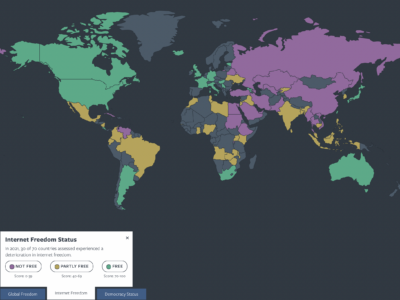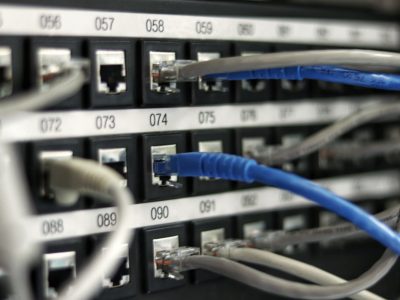
Armenia's National Assembly. Wikimedia image creative commons.
The Republican party loyal to outgoing Armenian President Serzh Sargsyan looked set to score a win in polls held on April 2, but the vote was stymied by a series of alleged violations, apparent government attempts to thwart the online activities of journalists and activists, and at least one incident of fake news.
The election is important as far as constitutional changes passed in 2015 mean that Armenia's president will be elected by parliament, while the office of the prime minister has become the most powerful in the country. Election results had not yet been announced at the time of publication, but exit polls indicated a substantial lead by Sargsyan.
Sargsyan has said that the changes he lobbied for in the controversial referendum were not intended to benefit him, although some expect him to take up the premier's position if his party earns itself a majority in parliament.
Watching the vote intently was Russia, and a number of journalists based in the country and the broader Caucasus region flagged a fake news item spread by Twitter accounts that appeared bot-ish with a strong pro-Kremlin agenda.
The image distributed by the accounts was a purported USAID memo calling on civic groups to back the opposition. Washington's representatives in Armenia had earlier labeled the memo as a fake, but it began circulating once more on the eve of the vote.
Interesting. Russian accounts starting to spam #armvote17 w/ the fake @USAID memo that @usembarmenia has already debunked. #armelections2017 pic.twitter.com/hBbQ4wlD3V
— Onnik J. Krikorian (@onewmphoto) March 31, 2017
Regardless of whether or not Moscow, which backs Sargsyan, was behind the disinformation, there is also plenty of evidence of local attempts to manipulate the vote.
One prominent civil society figure, Babken DerGrigorian reported notifications from Google that government-backed hackers were attempting to hack his email account, while several leading journalists found their access to Twitter suspended just prior to the vote.
They later had their accounts restored following a concerted campaign by Armenian Twitter users.
Reputable media sources, inc. @CivilNetTV & @Hetq_Trace from Armenia have had their Twitter accounts suspended the night before #armvote17 pic.twitter.com/4LmJsJBU7c
— Babken DerGrigorian (@Babken) April 1, 2017
In a round-up of these concerning reports, the Atlantic Council's Digital Forensic Research Lab produced an informative brief titled Fakes, Bots, and Blocking in Armenia. The piece concluded:
With a landmark vote imminent, Armenia’s online space is particularly vulnerable to manipulation and disinformation. The attempts identified so far have been small scale and of limited reach, but they illustrate the various ways in which online actors can attempt to manipulate the digital space.
Around a third of citizens in the South Caucasus republic of 3 million people live in poverty. In 2015, the capital Yerevan was rocked by protests over a utility hike that came to be christened as Electric Yerevan and revealed massive dissatisfaction over endemic corruption in the country.



